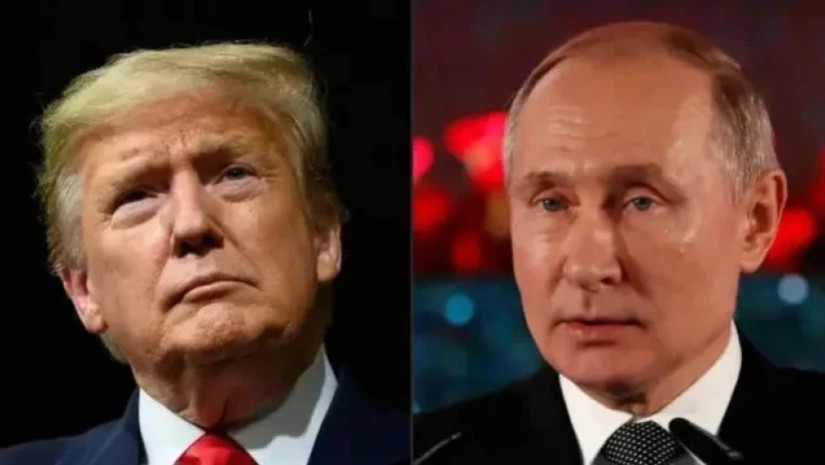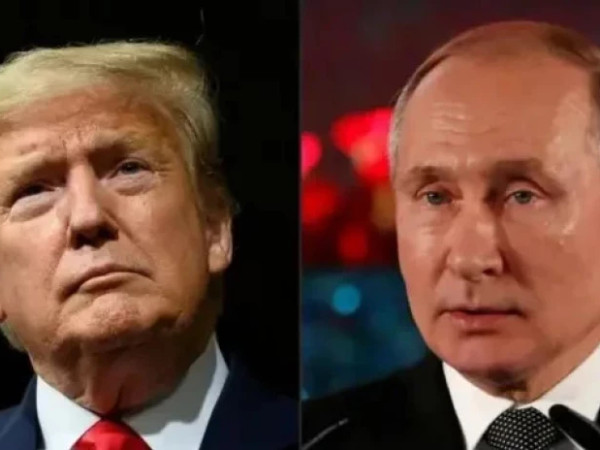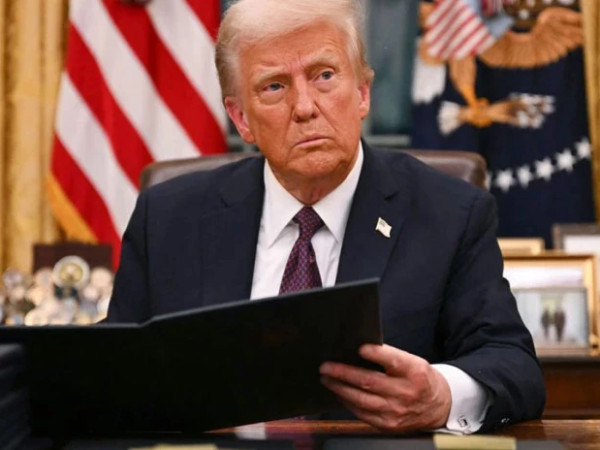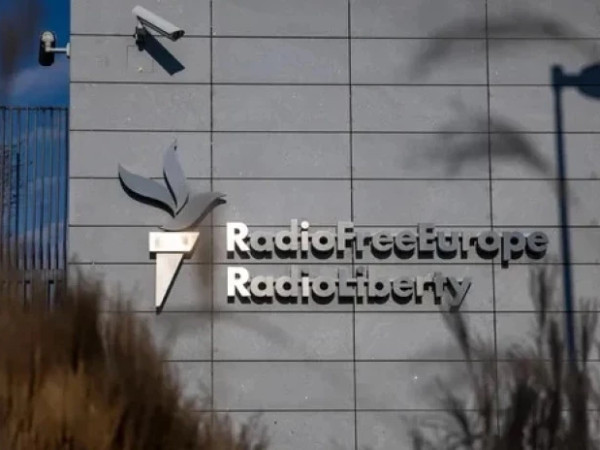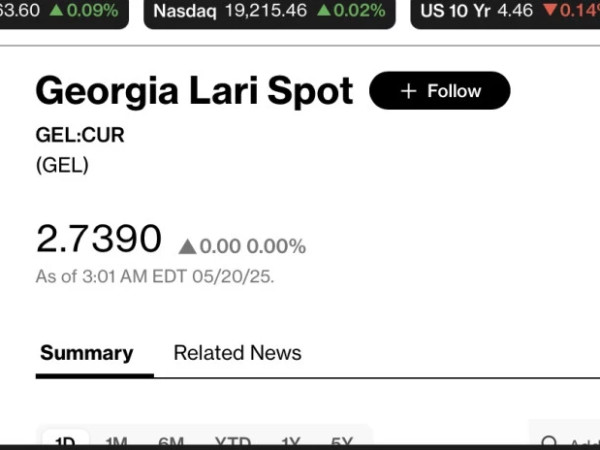For Ukraine and its allies, who spent months trying to win Donald Trump over to their cause in the war started by Russia, it is back to square one.
In a two-hour conversation with Russian leader Vladimir Putin late on Monday, the U.S. president dropped his earlier insistence on an unconditional 30-day ceasefire that he hoped would kickstart what promise to be long and tortuous peace talks.
Ukraine backed that proposal while Russia did not.
Trump also signalled that the war he once promised to end in 24 hours was no longer his to fix - a message that leaves Ukraine vulnerable and its allies worried.
It is another blow to Kyiv, coming less than three months after Trump's public falling out with Ukrainian President Volodymyr Zelenskiy. Since then, Europe's leaders have scrambled to repair the relationship and regain the initiative.
In the weeks before the phone call, Trump had threatened to slap tougher sanctions on Russia if it did not show progress towards peace, a move Ukraine hoped would convince Putin to step back from his maximalist demands in any negotiations.
That "stick" approach is gone for now, replaced by the "carrot" of economic partnership with the United States if and when the war ends.
"In the phone call on Sunday with European leaders, Trump had agreed on the proposed approach - ask for (an) unconditional ceasefire and apply sanctions if nothing is moving," said a European diplomat, speaking anonymously to be frank about Europe's disappointment.
"But he obviously dropped this idea when he talked to Putin ... It is impossible to trust him for more than one day. He does not seem to be interested in Ukraine at all."
Trump said Russia and Ukraine would immediately start negotiations toward ending the war, adding later that he thought "some progress is being made."
When Trump spoke with European leaders including Zelenskiy after the Putin call, a person familiar with the discussion described the reaction to Trump's position as one of "shock."







